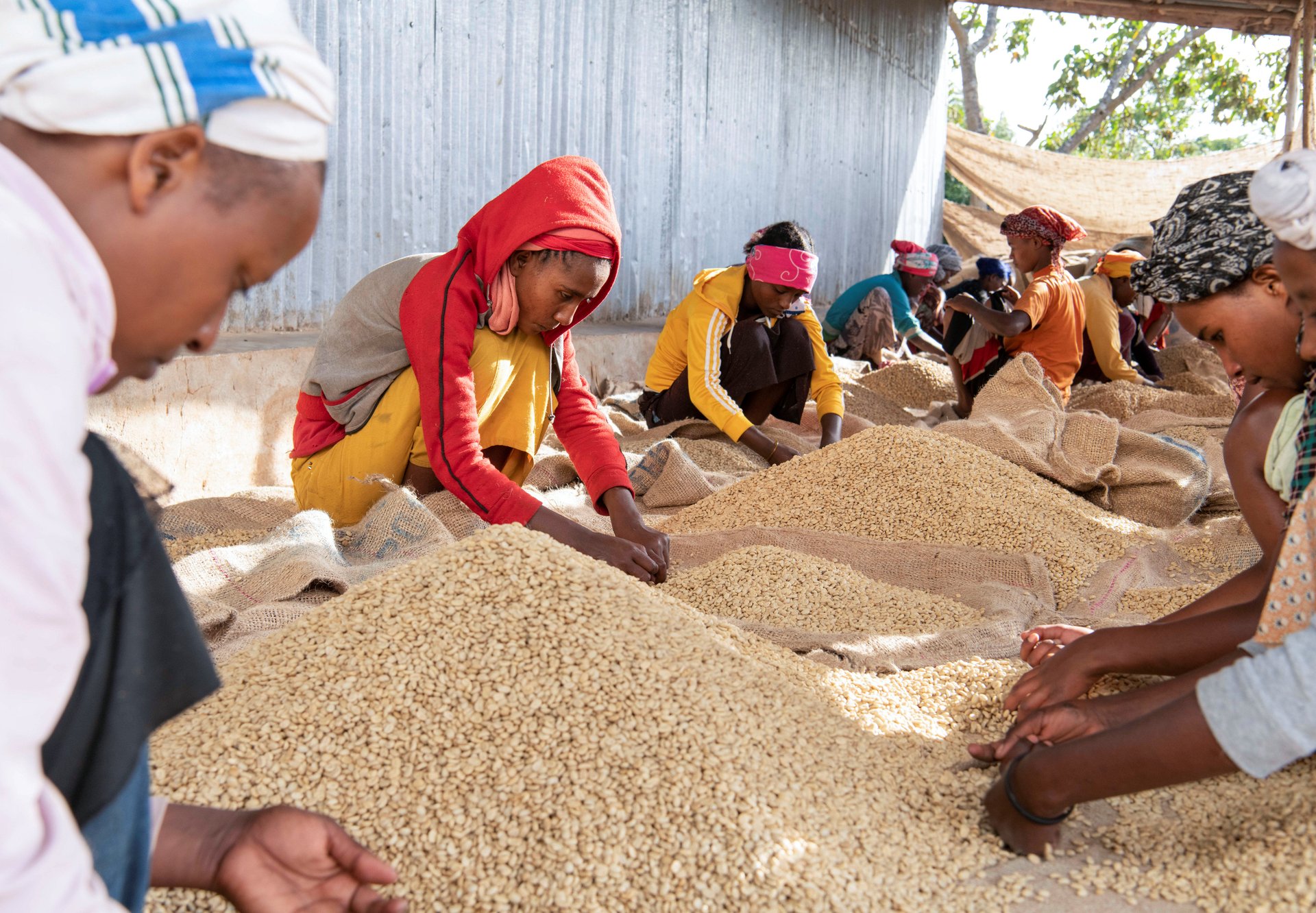These charts show the key gender gaps that spike Africa’s poverty challenge
Gender parity gaps in education, access to work opportunities and capital remain an enduring feature across a majority of African countries as highlighted by a new study from the World Bank which also lays bare the gaps that should push these governments to focus on policies that foster economic gender parity.


Gender parity gaps in education, access to work opportunities and capital remain an enduring feature across a majority of African countries as highlighted by a new study from the World Bank which also lays bare the gaps that should push these governments to focus on policies that foster economic gender parity.
While, the continent’s share of the global population living in extreme poverty has reduced from 54% in 1990 to 41% in 2015, there are more Africans living in poverty today than in 1990 given sustained population growth. Last year, Nigeria overtook India as the country with the most extreme poor people even though India has a population seven times larger than Nigeria’s.
Across the board, the gender gaps in Africa are the result of several social constraints on women who typically have lower levels of skills and capital. Some of the constraints are linked to cultural norms that place more domestic and household responsibility on women but a major consequence sees women contributing much less to what has traditionally recorded as economic productivity.
While labor force participation across the continent is often touted as being close to parity at 0.85 (where 1 represents gender parity), individual realities vary vastly in each country. For instance, gender gaps in agricultural productivity range from 23% in Tanzania to 66% in Niger. Overall, only four countries—Rwanda, Sierra Leone, Burundi, Guinea—have gender parity (of 1 or higher).
The lack of parity also shows up in financial inclusion stats as fewer women have accounts with banks and mobile money services. It’s partly the result of decades of under-education of women with gender gaps in enrollment among boys and girls across primary, secondary and tertiary levels. Without the required skills, women’s access to work opportunities and, by extension, income and wealth, is limited. Only 13% of African women aged between 20 and 49 claim sole ownership of their housing property, the World Bank report states. Among men, that number is 39%.
Another spillover effect of the lack assets like land is that women are also far less likely to access to capital and loans as they typically lay claim to fewer resources suitable for collateral.
In addition to tackling cultural practices like child marriages, World Bank also recommends creating targeted policy measures like co-titling of land for spouses and relieving current constraints to accessing capital by creating women-focused funds.
The motivation for governments to act is rather straightforward, as the report states: “Africa quite simply cannot afford to lose out on the earnings potential of half its population.”
Sign up to the Quartz Africa Weekly Brief here for news and analysis on African business, tech and innovation in your inbox